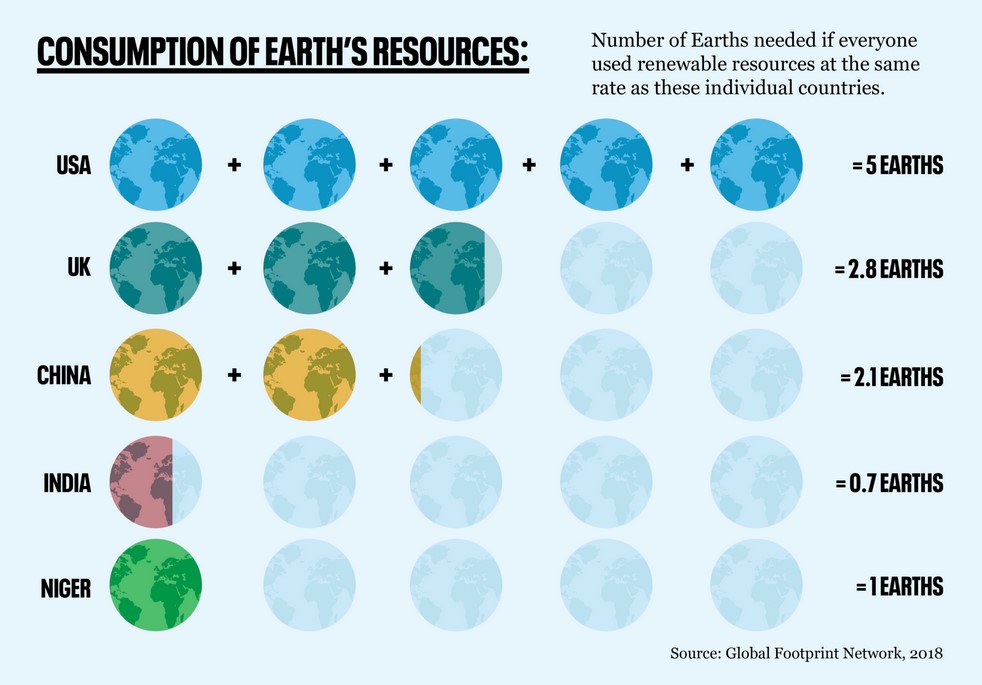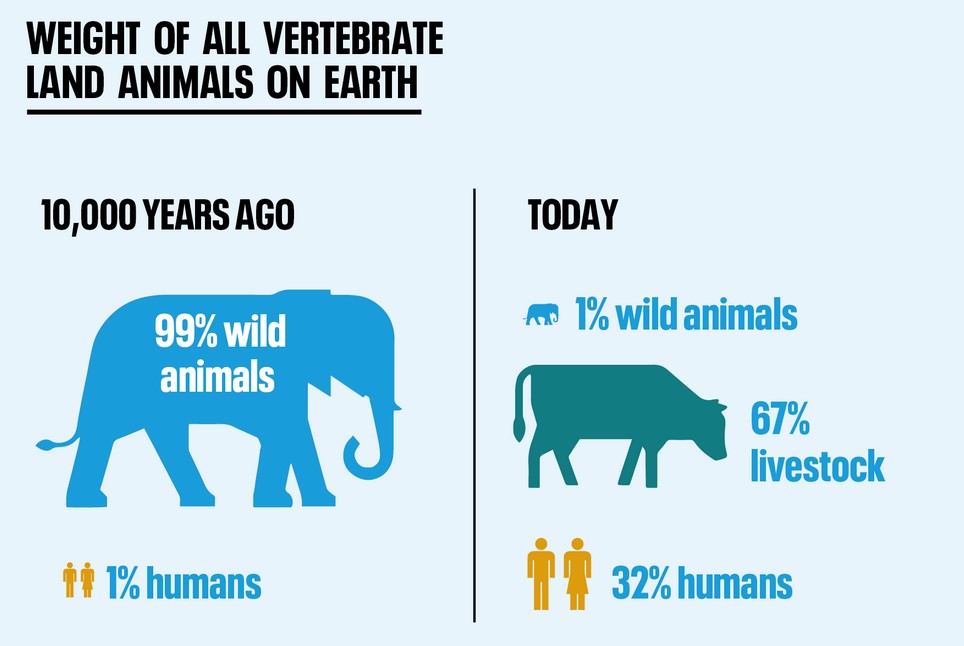Mariner has lamented the present along with many of us, and the political collapses, the cultural stress brought on by modern travel, the plight of social media. But it is the big four {global warming, population, biomass and artificial intelligence) that will shape Homo sapiens’ long term future. While provoked by human history, they are no longer dependent on obnoxious human behavior. The big four now are on their own history track regardless of the misfortunes of politics, war and obsessive invention.
A snapshot of human wellbeing in the year 2125 will be in the hands of the Big Four:
⊕ GLOBAL WARMING. Even as scientists have begun to pursue new technologies to deal with carbon in the atmosphere, other perspectives may not be as ‘easily’ cured. Climate change, in terms of global weather patterns, does not dance only with carbon excess. Volcanoes and earthquakes play along more slowly, the Earth’s core is out of rotational sync enough that a magnetic polar reverse has begun and the Sun will join in every 11 years or so. Further, humans are playing carnival games but the earth is not a game. Earth is a large planet capable of Solar System behavior on its own terms (Humans must remember that in reality they own nothing; it all belongs to Mother Earth).
When it comes to natural resources versus population, there is a correlation:
⊕ POPULATION and BIOMASS. From National Geographic:
“The global population is currently about 7.3 billion. The UN estimates that by 2050, that number will grow to 9.7 billion. By 2100, 11.2 billion people will have to cram together on the Earth’s surface. These estimates outstrip last year’s projections by around 150 million people.”
From UN: “Biodiversity loss, climate change, pollution, deforestation, water and food shortage—these are all exacerbated by our huge and ever-increasing numbers. Our impact on the environment is a product of our consumption and our numbers.”

The impact of population and natural resources together has altered nature in many different ways. Take one very small example – vertebrates:

Ten Thousand years ago was just yesterday: Agricultural communities developed approximately 10,000 years ago when humans began to domesticate plants and animals. By domesticating species, many groups of people were able to build settled communities and transition from a nomadic hunter-gatherer lifestyle dependent on foraging and hunting for survival. [National Geographic]
ARTIFICIAL INTELLIGENCE. There is a recent documentary on Netflix featuring an interview with Bill Gates (What’s Next? The Future with Bill Gates) where in the long term he cedes (without using words) that Homo sapiens will lose out to artificial intelligence.
Mariner is at a loss to predict the future. It is obvious that Homo is as susceptible to the forces of nature as any known collection of molecules, neutrons, atoms and electrons. Who knows, perhaps the rumors of space aliens traveling the universe is our future.
Do spaceships have recliners or battery chargers?
Ancient Mariner
